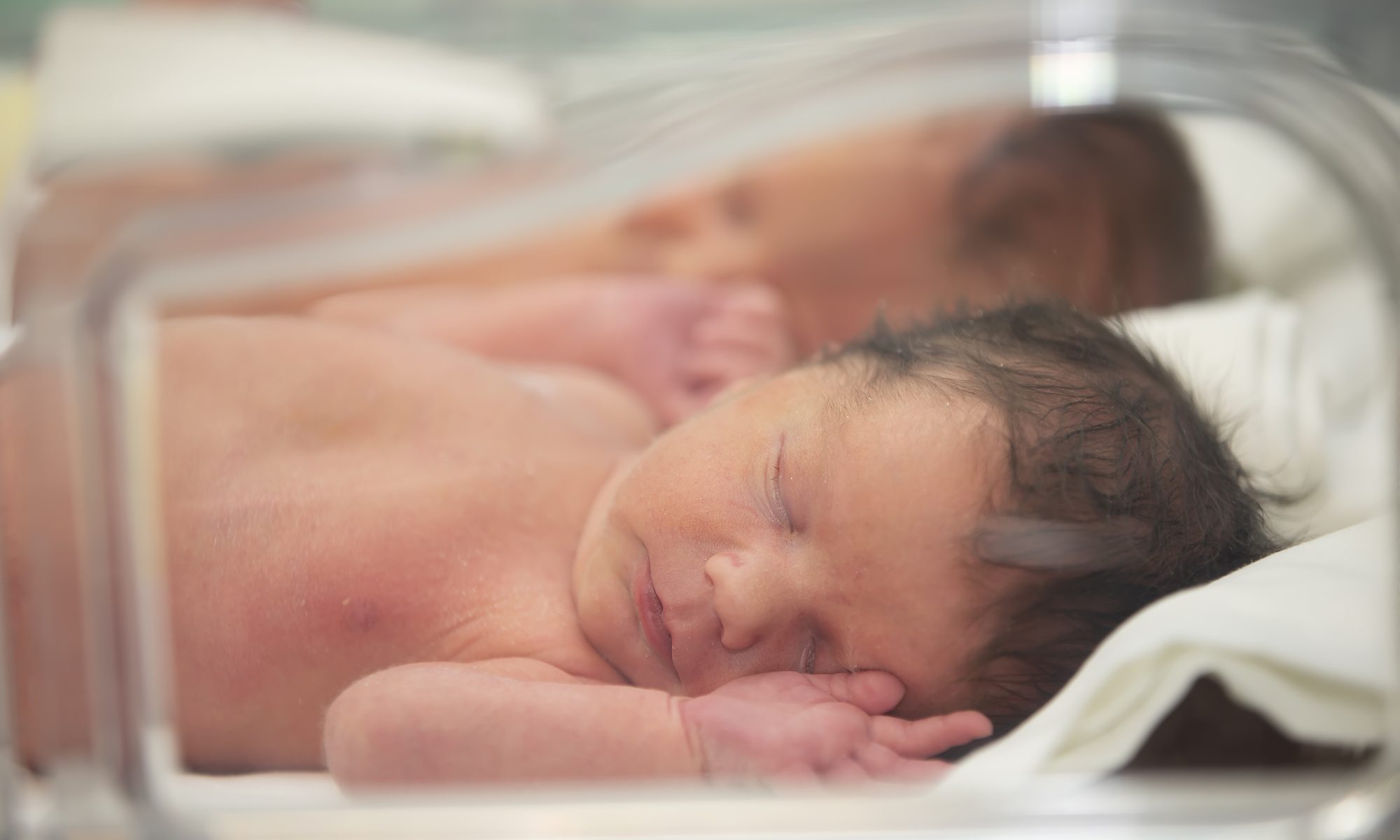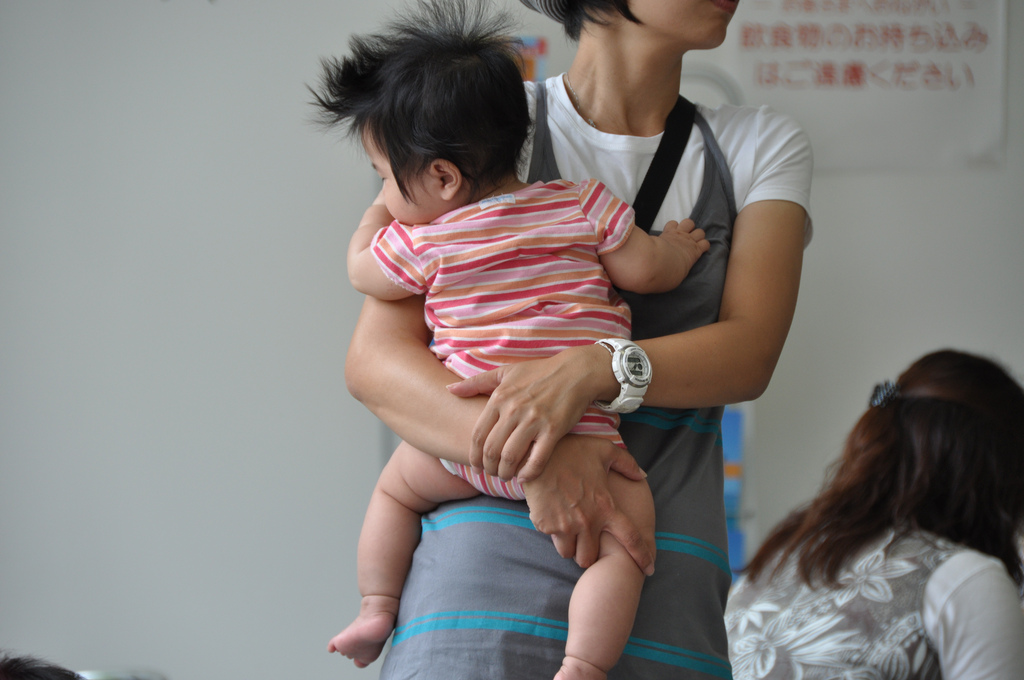Sir Ian Wilmut, the person who led the team responsible for cloning Dolly the Sheep, died on September 10, 2023. Dolly’s emergence onto the world stage represented a colossal scientific breakthrough. It took an idea that had existed solely in science fiction and brought it into the real world, much to the surprise of countless naysayers who had claimed that adult mammal cloning was impossible. Wilmut and his team’s efforts demonstrated, in no uncertain terms, that rather than cells holding only the genetic information necessary to undertake their specific job – heart cells need to know how to be heart cells, for example – a single mammary cell, from which Dolly was cloned, held the genetic blueprint for an entire sheep. Something we now know to be true for most of the cells within the body.
Unsurprisingly, though, Dolly’s creation opened the door to numerous ethical and philosophical questions. Or at least, gave them a new weight. Until 1997, cloning, at least in mammals, had been considered in the abstract. However, Dolly meant that the context of this pontification went from academically interesting to socially essential. Cloning’s real-world impact and permissibility were no longer solely the concern of philosophers, ethically-minded scientists, and science fiction fans. Everyone had to wrestle with cloning’s social, legal, and ethical consequences. And to this day, many of these questions remain unanswered.
So, with Wilmut’s passing shining the spotlight on cloning, I thought I’d take the time to explore just one of the arguments against cloning’s use for reproductive purposes – that it eliminates the giftedness of life.
This argument was first proposed by the philosopher Michael Sandel in the article The Case Against Perfection. In it, Sandel argues that our drive to exercise mastery over our lives and reduce the chaos of existing in a fluctuating universe can hide the value in such randomness and harm our relationship with things that may not live up to our standards. He does this in the context of human enhancement during reproduction. In short, Sandel argues that our offspring need to be seen as gifts which we receive and over which we have precious little control in terms of the form or shape they arrive. When we have children, we don’t know whether they will be tall or short, sporty or academic, a rule-taker or rule-breaker. Yet, despite not knowing these things, we should love our children regardless. For him, children are entities to be received and unconditionally loved, not subjects of human design, because thinking of them in terms of the latter may, and perhaps must, destroy the relationship between parent and child – it turns children into selectable or rejectable products.
While Sandel’s argument was initially situated in the context of human enhancement, he later expanded it in his book, also called The Case Against Perfection, to consider how parents should act when faced with illness and disease. While this is done in a specific context, his argument also has a bearing on cloning as a form of reproduction. By its very nature, cloning looks to remove the complex genetic recombination inherent in sexual reproduction.
When parents have children, genes are pulled from each biological contributor and combined to create a new genome, leading to a unique individual. This process is unpredictable, and absent extensive genetic testing and scientific interventions, what form the eventual child will take is somewhat unpredictable. In cloning, however, this recombination of genetic material from the biological parents is replaced by the (mostly) carbon copying of genetics from the DNA donor. In the case of Dolly, the sheep from which her genetic material was donated. Gone is the creation of the new genome, replaced by the replication of an already existing entity.
It must be acknowledged here that we are far more than our genes, and simply because two individuals share the same genetic material does not mean they will grow to be the same person. Anyone who knows twins will have first-hand knowledge of this fact. Yet, one cannot deny our genetics’ significant role in making us who we are. I would not be the same if I had a different genome, as that genetic foundation underpins my physical body as well as my personality.
Thus, to attempt to clone an individual, be that yourself or someone else, is to reject the uncontrollable nature inherent in sexual reproduction. It is to say that rather than having a child who may be like you, your partner, neither, or both, you want to try and replicate an individual with whom you already have some form of relationship (and that might be yourself). In terms of gift-giving, it is to reject the uncertainty of receiving a present from someone else instead of buying yourself a gift.
Now, this might not be an issue. After all, we do want to exercise control over our lives. I don’t want to leave the house each morning and have no idea what will happen to me. When I get ill, I don’t want to treat that as a gift from the universe; I want to do what I can to get well. Why should reproduction be any different? If I have the tools to ensure my child will be as healthy as I am, why shouldn’t I use them? A complete response to these questions is far beyond the scope of this piece. But, if the language of giftedness is appropriate here, then receiving something as a gift does bring an additional value, which obtaining that same item by purchasing it yourself does not; getting a Christmas jumper as a gift is far better than buying one. If that works for people, it may also translate to the universe.
While cloning has come a long way since Dolly’s birth in 1997, we have yet to see a human be cloned. This is because of both technical and ethical reasons. Yet, animal cloning has come on in leaps and bounds. Barbara Streisand has two clones of her deceased dog, and disgraced scientist Hwang Woo-suk (who made false claims about successfully cloning humans) now makes a wealthy living cloning camels for the United Arab Emirates’ rich and powerful. Indeed, this rejection of uncertainty is fully displayed in the animal cloning world.
So, while it may be tempting to use cloning as a way of eliminating reproduction’s unknowns, we may lose something important in doing so. By attempting to exercise control over the fundamental processes that enable us to have children, we might end up devaluing those people we bring into the world. Instead, it might be better, perhaps even essential, to leave that part of reproduction up to the fates, exercise some humility, and love whatever and whoever we happen to end up with.




